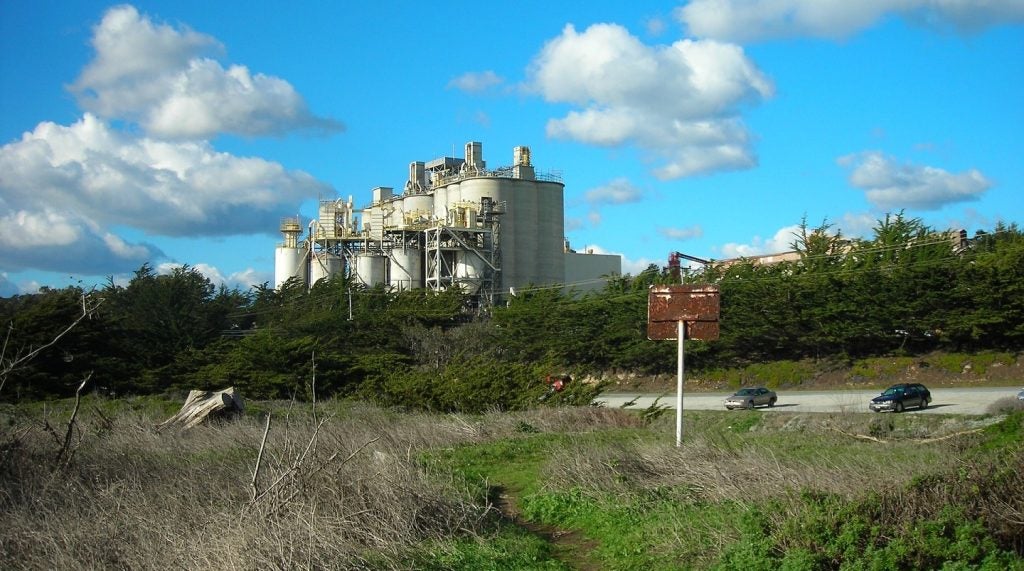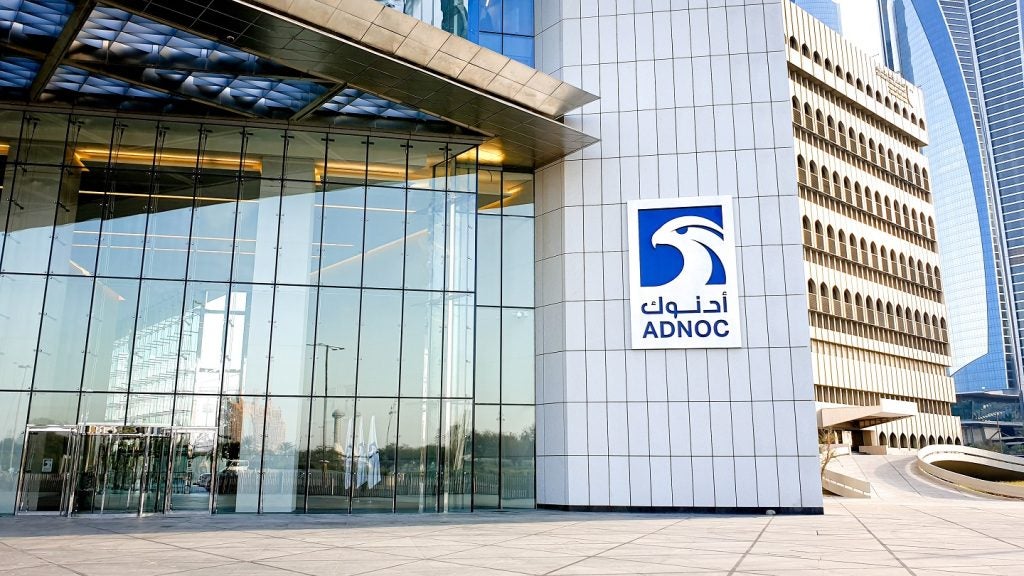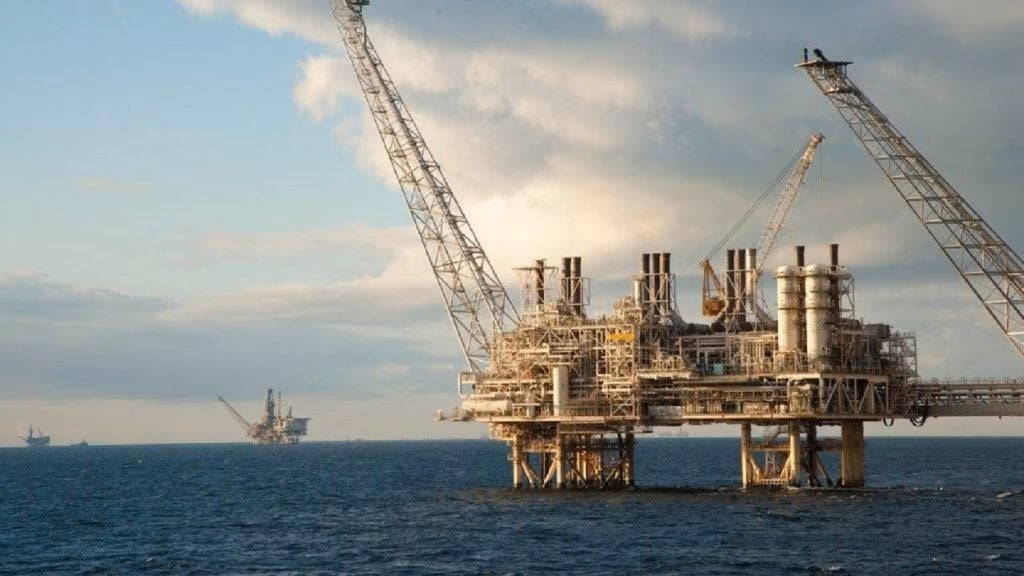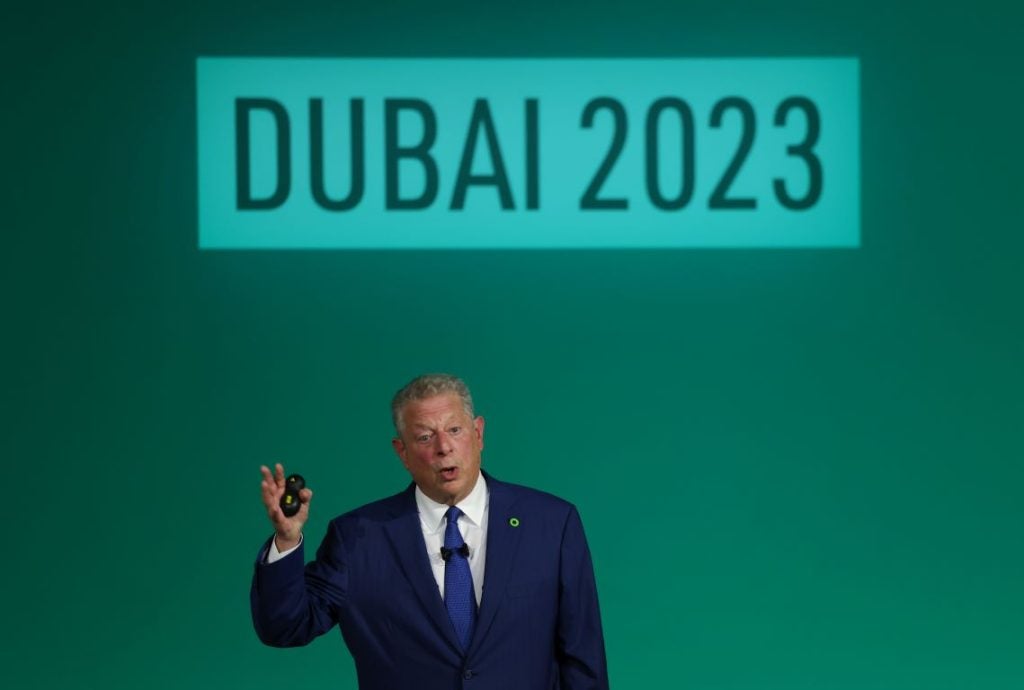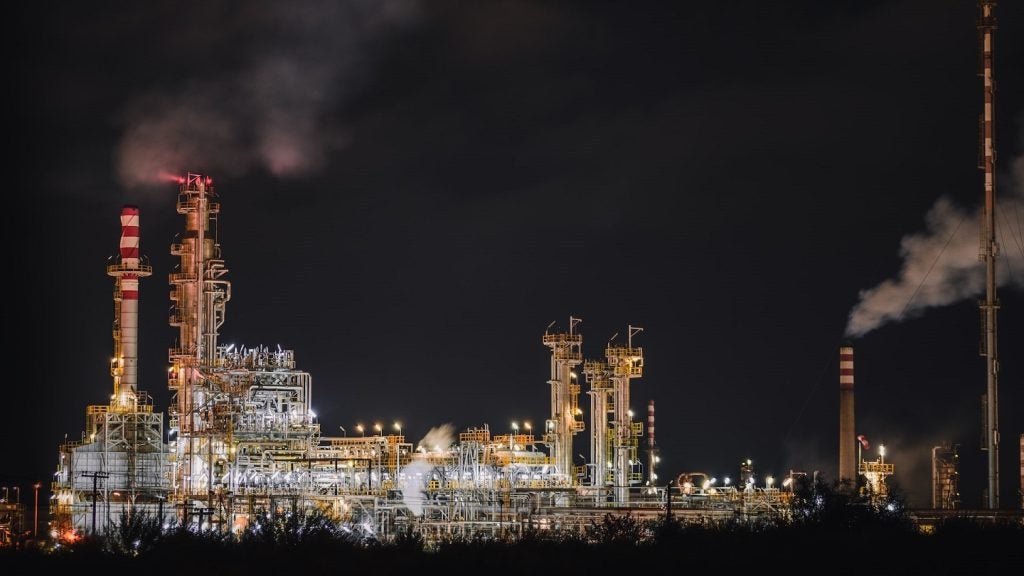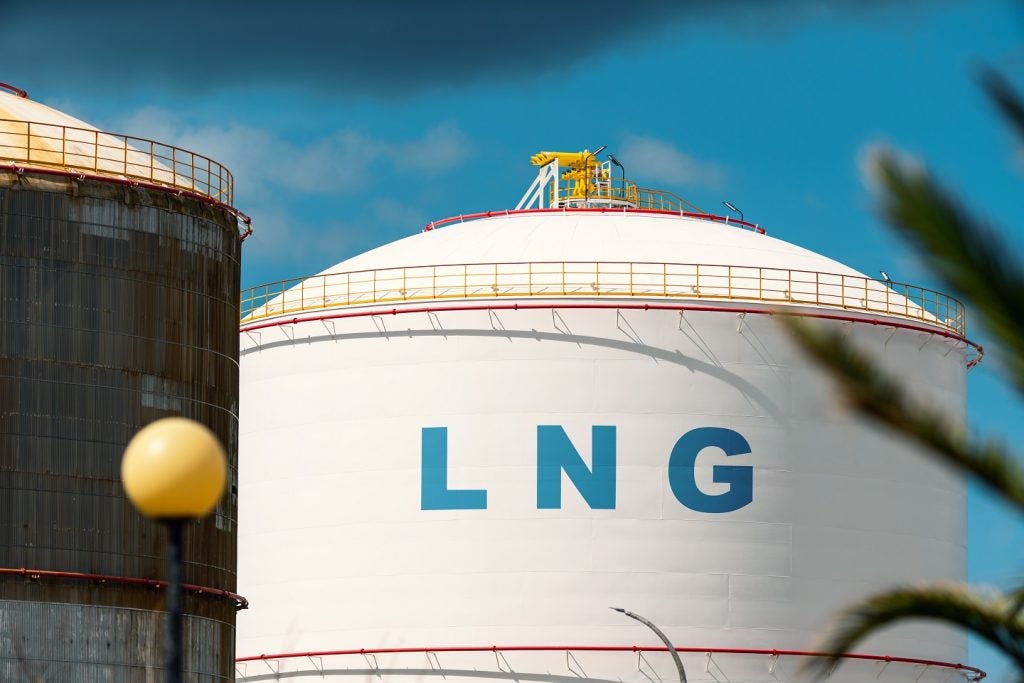Australian oil and gas producer Woodside has signed a long-term agreement to purchase LNG from Mexico Pacific.
Under the sales and purchase agreement (SPA), Woodside will purchase 1.3 million tonnes per annum (mtpa) of LNG, equivalent to approximately 18 cargoes per year, for a period of 20 years.
The LNG will be purchased from Mexico Pacific's Saguaro Energia LNG project in Sonora, Mexico, on a free-on-board basis with pricing linked to gas indices in the US.
Woodside CEO Meg O’Neill said: “As we deliver on our strategy, we aim to complement Woodside’s produced LNG supply with third parties’ volumes, giving us greater scale and portfolio flexibility to serve our customers, while optimising our LNG trading activities.
“This agreement with Mexico Pacific delivers a new source of LNG into our trading portfolio, expands our geographic diversification in the Pacific Basin and builds on our presence in Mexico.
“Mexico Pacific’s Saguaro Energia LNG Project is located on the Pacific coast of Mexico, providing proximity to key markets in Asia.”
The SPA is subject to final investment decision (FID) on the third train at the Saguaro Energia LNG Project by Mexico Pacific.
Mexico Pacific expects to take FID in the first half of 2024, with plans to start commercial operations in 2029.
Mexico Pacific president Sarah Bairstow said: “We are delighted to welcome Woodside, one of the most established global LNG market participants, as a foundation customer of Train 3, further validating the value of west coast Mexican LNG.”
In July 2023, Mexico Pacific signed a 20-year LNG supply agreement with China’s Zhejiang Energy International.
The Saguaro Energia LNG facility will have a production capacity of 15mtpa. It is due to be completed in 2026.


